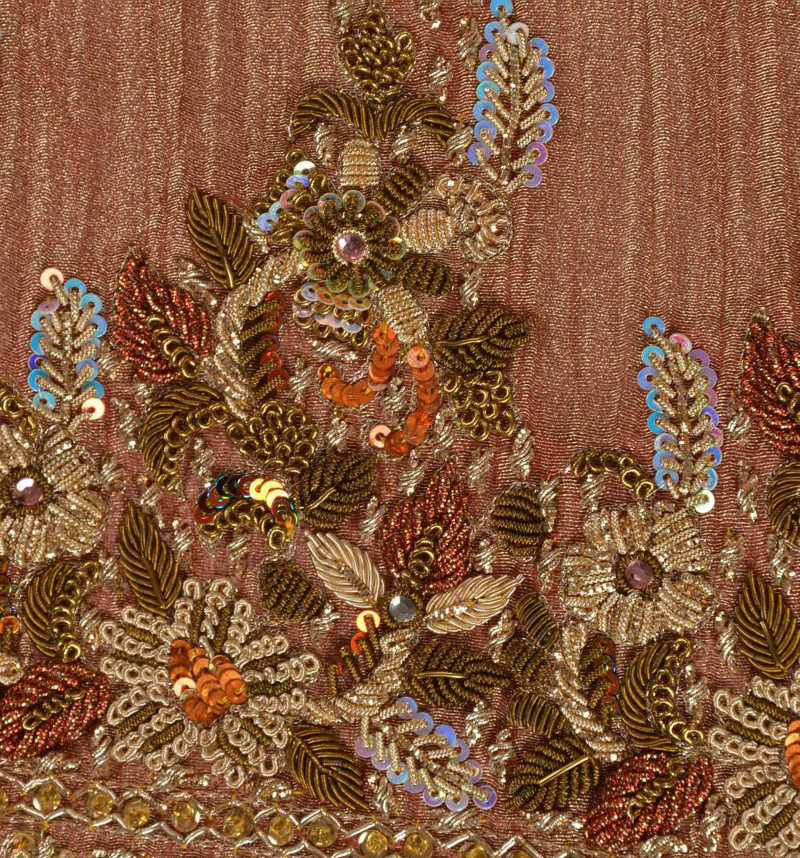===
0471,
3
===

=== |
 |
aadmii : 'A descendant of Adam; a human being; man; individual, person; adult; a sensible, or honest man'. (Platts p.33)
garii : 'Acting, doing; practice; trade, office (used as last member of compounds)'. (Platts p.907)
FWP:
SETS == INEXPRESSIBILITY
MOTIFS == [LOVER AS X]
NAMES
TERMS == AFFINITY; INCORPORATION; THEMEI remember how surprising it was to learn that a Shi'a name that I'd long thought was probably a poorly transliterated 'Qalb-e Ali' ('heart of Ali') was actually in truth 'Kalb-e Ali' ('dog of Ali'); one of Ghalib's last patrons was Nawab Kalb-e Ali Khan of Rampur. There could hardly be any better testimony to the cultural vision of the dog as, above all, both humble and loyal, a faithful servant rather than a pampered pet. And if the dog is humble and faithful, the second line is pushed strongly toward a reading in which the beloved's 'humane' behavior will be treated with heavy and bitter sarcasm.
And then in the second line, the insha'iyah structure combines with the 'inexpressibility trope' to extraordinarily powerful effect: 'Don't ask how 'humanely' she treated me!' (You don't want to know!) In this case the 'tone' seems to be truly built in; for more on 'tone', see {724,2}.
Note for grammar fans: Mir has omitted a ne in the first line (as he often does), but then has used one in the second line. There couldn't be a more conspicuous example of how free he feels to play with this aspect of grammar.